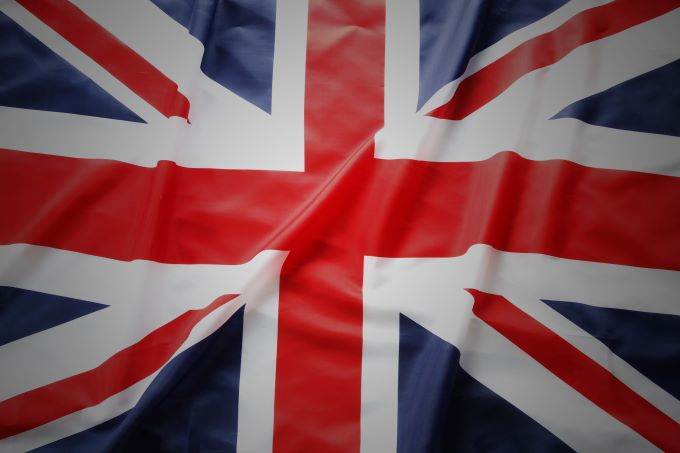 The Office for National Statistics publishes data on the UK economy on a monthly basis, but particular weight is placed on quarterly data (since it is time-averaged and relates to the near-time situation). The latest figures available cover the period from October 2018 to October 2019 and shows that the economy expanded by just 0.7% during this period. This is the worst performance for a twelve-month period since March 2012. As expected, the driver for this (feeble) growth is the UK’s service sector which is the dominant term in the UK economy.
The Office for National Statistics publishes data on the UK economy on a monthly basis, but particular weight is placed on quarterly data (since it is time-averaged and relates to the near-time situation). The latest figures available cover the period from October 2018 to October 2019 and shows that the economy expanded by just 0.7% during this period. This is the worst performance for a twelve-month period since March 2012. As expected, the driver for this (feeble) growth is the UK’s service sector which is the dominant term in the UK economy.
If the data for the period to the three months to October (a rolling quarter) is looked at, the situation is bleaker with growth flat lining at 0%, relative to the three-month period to the end of July. In the quarter to October, growth in the (dominant) service sector came in at 0.2%, but this was offset by contraction in manufacturing sector (down by 0.3%) and the construction industry, resulting in no overall growth. According to ONS there was “a notable drop in housebuilding and infrastructure in October”.
Commenting on the data, John Hawksworth PwC’s chief economist placed the blame on continued Brexit uncertainty which led to a “loss of momentum” in the economy: "Growth seems likely to remain subdued through the rest of 2019, but we would hope for a gradual revival in activity over the course of 2020 if current political and economic uncertainties ease. Our main scenario is for 1% GDP growth in 2020 assuming an orderly Brexit."
The UK will go to the polls this Thursday. Polling suggests that Boris Johnson will emerge as PM with his Conservative Party holding a majority of between 40 and 80 seats. However, pollsters are quick to point out that there are many wild-card factors in this election from the registration of more than 3 million younger voters to the effects of calls for the electorate to abandon traditional party loyalties and vote for candidates best placed to beat the Conservative candidate (particularly in marginal seats) to deny Mr Johnson a majority which would allow him to push through his Brexit deal.
